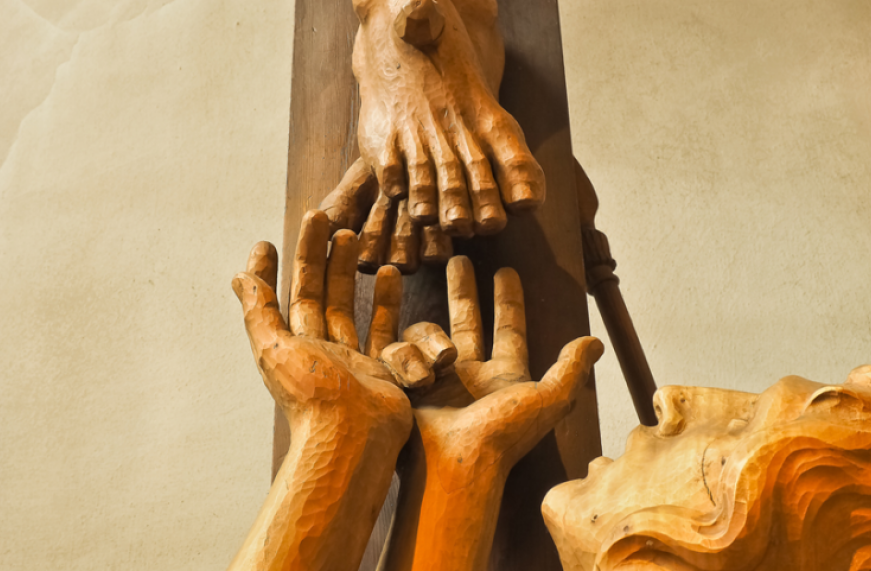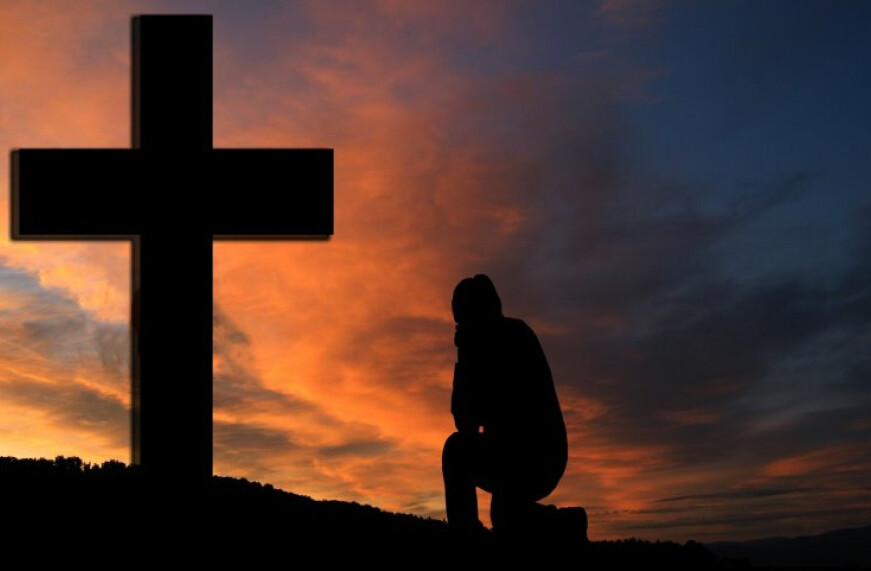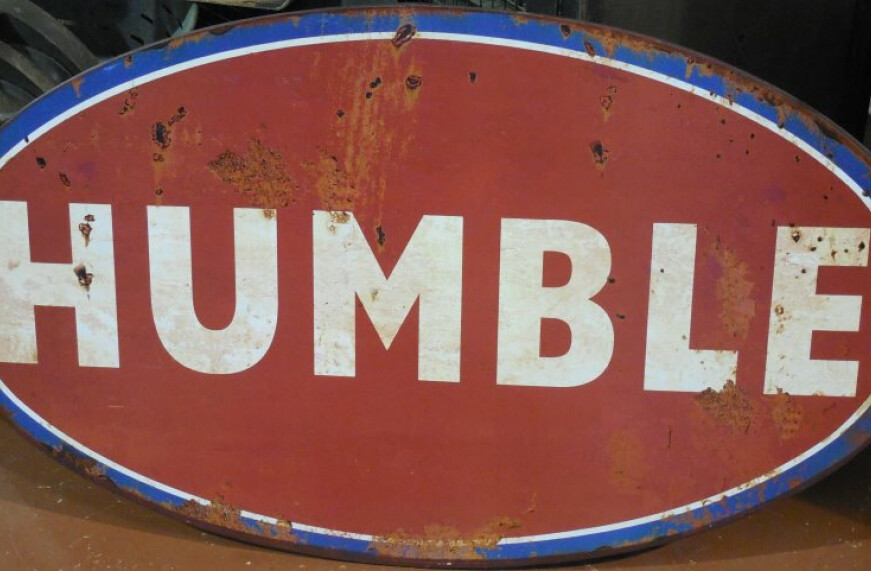Surrendering to God

I have to admit, Luke 23 makes me tear up every time I read it. The reality of Christ’s love that I don’t deserve through His bloodshed on the cross for me pierces straight into the depth of my soul as I hear my own words (paraphrased), “Jesus I deserve to be punished and you don’t. Remember me when you come into your kingdom,” and He replies, “Today you will be with me in Paradise.”
I remember hearing a powerful witness talk about Luke 23 my sophomore year of college given by a senior in our ministry. I was in tears realizing I was a lot more like the first criminal than the second. I believed I already knew everything because I grew up Catholic so I didn’t really need Him. Why was He worth fully trusting anyways? I was content with just “a little Church” in my life and would never be one of those “crazy Jesus people,” instead of humbly realizing that I was justly punishable for my sins and I was deserving of God’s wrath. I couldn’t see through the fogginess my own pride had caused. He was God and I was not. I asked Jesus if He would forgive me for thinking I knew better than Him. For demanding He prove Himself to me as a pre-requisite for believing Him and following Him. I was raised a cradle Catholic, but missed the whole point - Jesus came to rescue me from myself. He wanted me to place my faith in HIM instead of my own ability to rescue me. I realized I didn’t have much of a relationship with Him, but desired all that it could be. These were the first steps in giving up control and surrendering to Him. Jesus started to break down my walls I had built up so high that I myself was blind to it.
As I reflect on this passage today at a coffee shop in Brookfield, WI, my prayer is the same that it’s been since then: “Jesus, continue to remind me I can do nothing on my own - nothing apart from You. Help me trust that what You have to offer me is better than what I think I need, and forgive me for the ways I shut You out. Increase my trust in You and replace my pride with humility. Remind me that I need You. Help me fix my eyes on You alone, placing my faith in You, not myself."
He continues to respond to me, “Sami, take my hand and let me rescue you. I will be with you - right now and forever when you see me face to face in Paradise.”


